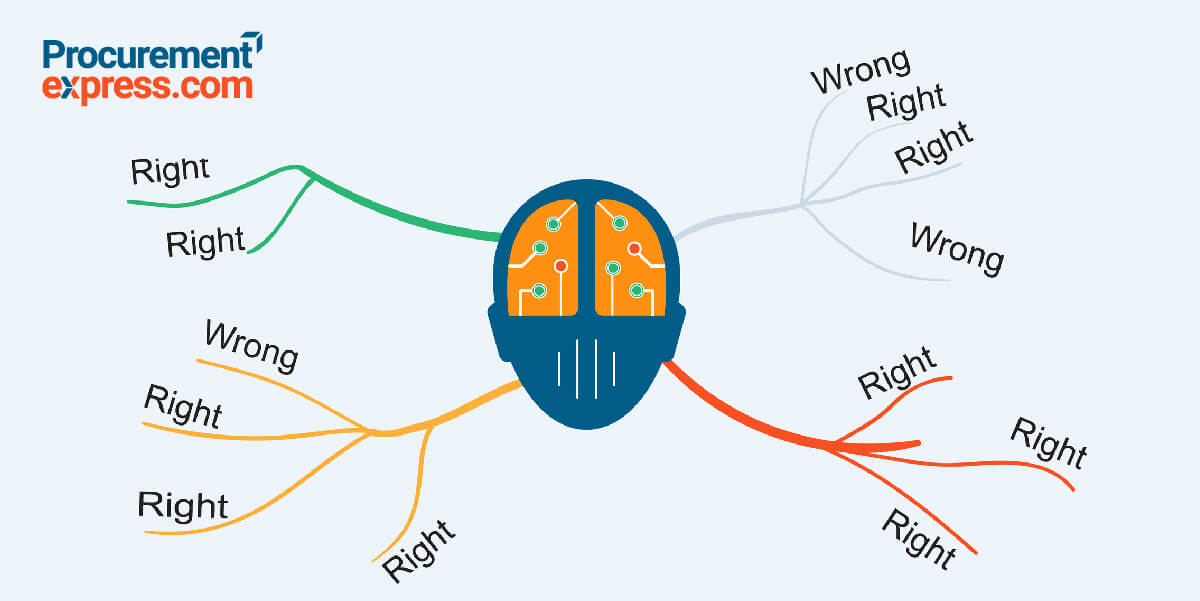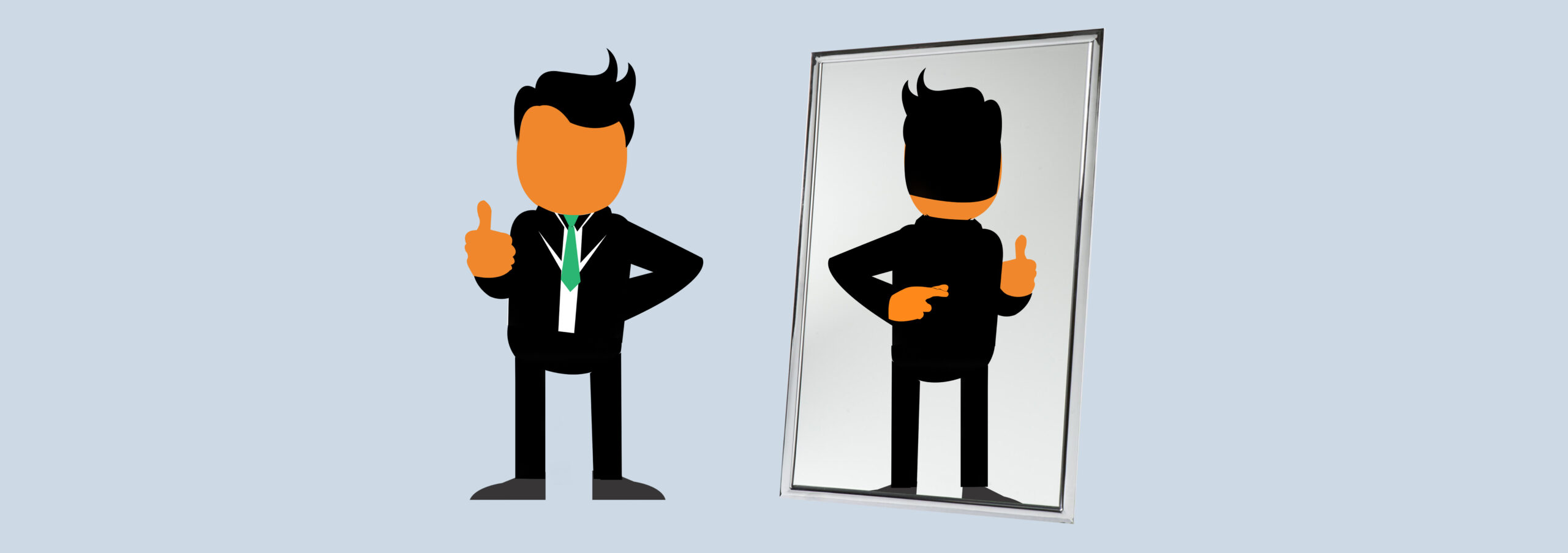
“There are three things in the world that deserve no mercy: hypocrisy, fraud, and tyranny.” Frederick William Robertson
What makes a good person commit fraud?
Most of us are brought up in good environments with a decent measure of morality etched within us. But have you ever thought that one day you might land in an unusual situation where your bills are more than your income and you are faced with a decision between doing the right thing or lowering your moral standards for just a moment and committing fraud to make ends meet?
According to an NPR article, Psychology of Fraud: Why good People Do bad Things, researchers have concluded that “…most of us are capable of behaving in profoundly unethical ways. And not only are we capable of it — without realizing it, we do it all the time.”
Our decision-making process is constantly happening throughout every day without us even realising it. Programmed by our moral values and environmentally influenced choices, we create a set of rules to live by and, we trust that our brain will make the right decisions every day because we’ve already cemented this value stream into our brain.
How does a healthy brain perform complex mental functions?
Every person’s brain is connected in a way that helps them make decisions based on the information given to it i.e what is seen, sounds heard, touch, and all other sensory confirmations acquired from the environment around it. There are also brain cells – kind of like tiny judges – that inspect every uploaded piece of information, helping you to choose between good and bad decisions.

Why does the thinking process sometimes lead to risky unethical behaviour?
In unusual circumstances, when faced with possibly lying about what you earn on an insurance form or some other circumstance where you feel cornered, most people tend to make the wrong impulsive decision in order to get out of the ‘mess’ they find themselves in.
“We assume that [people] can see the ethics and are consciously choosing not to behave ethically,” Ann Tenbrunsel, a researcher at Notre Dame
Different people perceive the same situation in different ways. The way a situation is presented is different from how a situation may be perceived and the conclusion or decision is therefore arrived at differently. Psychologists have cited that when placed in a stressful situation, our minds fail to see the ethics of such a limited sensory environment.
This is called bounded ethicality. It explains how predictable organizational pressures and psychological processes cause us to engage in ethically questionable behavior that is inconsistent with our own values and preferences.
It is human nature, to point out other people’s ethical failures more likely than you see your own ethical failures.
Do bad ethical situations give you the right to commit fraud?
Of course not. But research on the human brain has found that what is ethically correct for one person might be ethically wrong to another.
So how can businesses overcome this gap in ethics?
A good example of an ethics gap is the term maverick in an organization. Mavericks are those individuals that think out of the box to achieve greatness in an organization. They have endless contributions to an organization as they are the motivators of pushing others to think bigger and differently.
This is a great personality trait. But, they are also the ones that are out of step with the ethic rules of an organization. To them breaking out of the box and reaching greater heights is more important than following everyone else in the ethics queue.
So what to do?
Evolving your ethics strategies when faced with a type of fraud to broaden the intent of the ethic might be a good place to start. Organizations need to examine the different situations employees are faced with making the required organizational changes around ethics. What worked last year may not work this year, and research on successful organizations shows that they are the ones that are able to reinvent themselves when required.
Which situational factors do you think potentially could deter a well-intentioned person in a business to not make the right decisions?
Enjoy your free copy of Profit Leaks – ProcurementExpress.com


